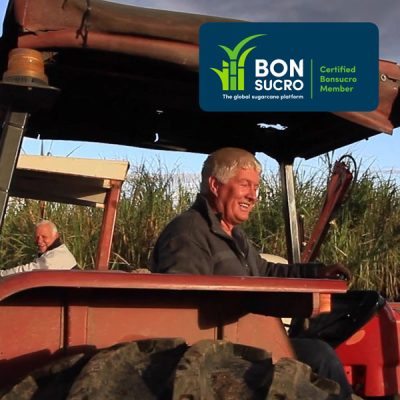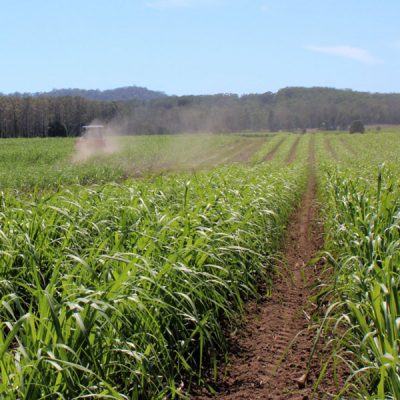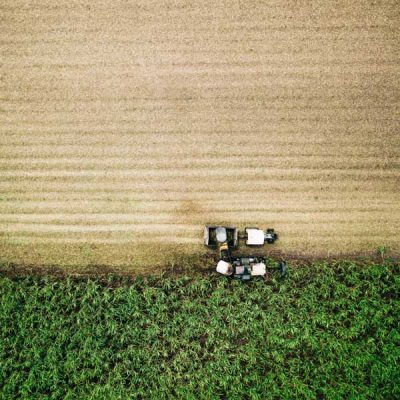Mill Mud and Boiler Waste Resource Recovery
The boiler ash and mill mud produced from sugar cane by-products are recycled by incorporating them back into agricultural soils to provide valuable nutrients and improve the structure of soils. They are also used to make compost. Waste Resource Recovery Approvals have been obtained from the NSW EPA to permit the reuse of these by-products.
The conditions under an exemption applies to consumers and the sugar mills have to comply with the order. Copies of these are available below:
- Mill Mud and Ash Land Application Use Approvals – View Mill Mud and Ash Land Application Approval 2022
- Grate Gravel Approvals for Use As Fill – View Grate Gravel Approval for Use As Fill 2022
Environmental Monitoring
- Environmental sampling and analysis is regularly carried out by the mills and refinery under environmental protection licences and reports are regularly updated and published here to comply with the Protection of the Environment Operations Act 1999.
- Condong Sugar Mill – View Condong Sugar Mill Monitoring Report December 2023
- Broadwater Sugar Mill – View Broadwater Sugar Mill Monitoring Report December 2023
- Harwood Sugar Mill and Refinery – View Harwood Mill & Refinery Monitoring Report March 2024
Pollution Incident Response Management
Each licenced site has a Pollution Incident Response Management Plan to assist in minimising the potential for harm in the event of a significant incident – View Sunshine Sugar Pollution Incident Response Plan Extract
Environmental Enquiries and Public Complaints
For environmental enquiries or complaints, please call the relevant site number below and leave your name, contact information and some details concerning your enquiry or complaint. A representative will be assigned to respond as soon as possible.
- Condong Sugar Mill (Tweed Valley) – 02 6670 1747
- Broadwater Sugar Mill (Richmond Valley) – 02 6620 8244
- Harwood Sugar Mill & Refinery (Clarence Valley) – 02 6640 0491




